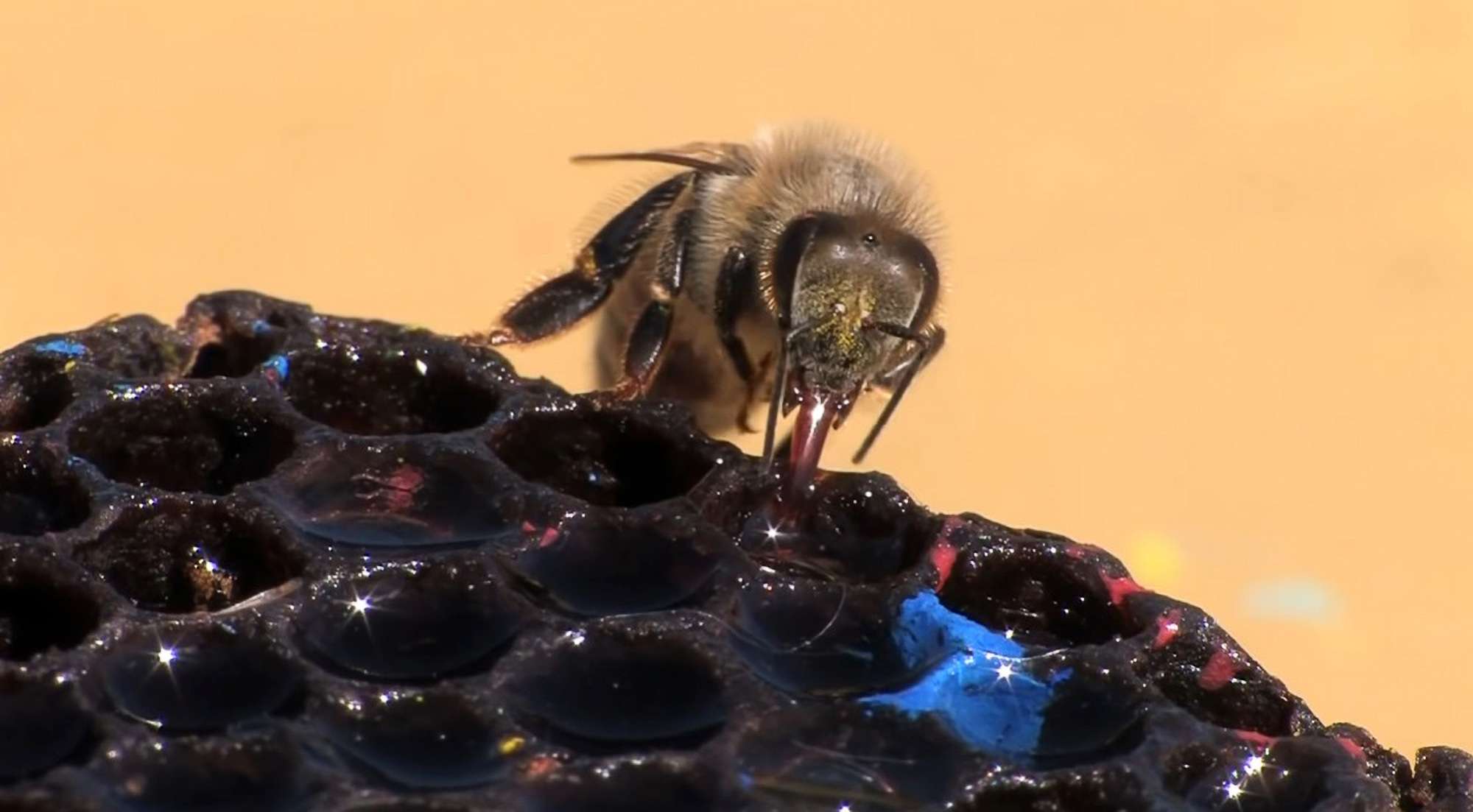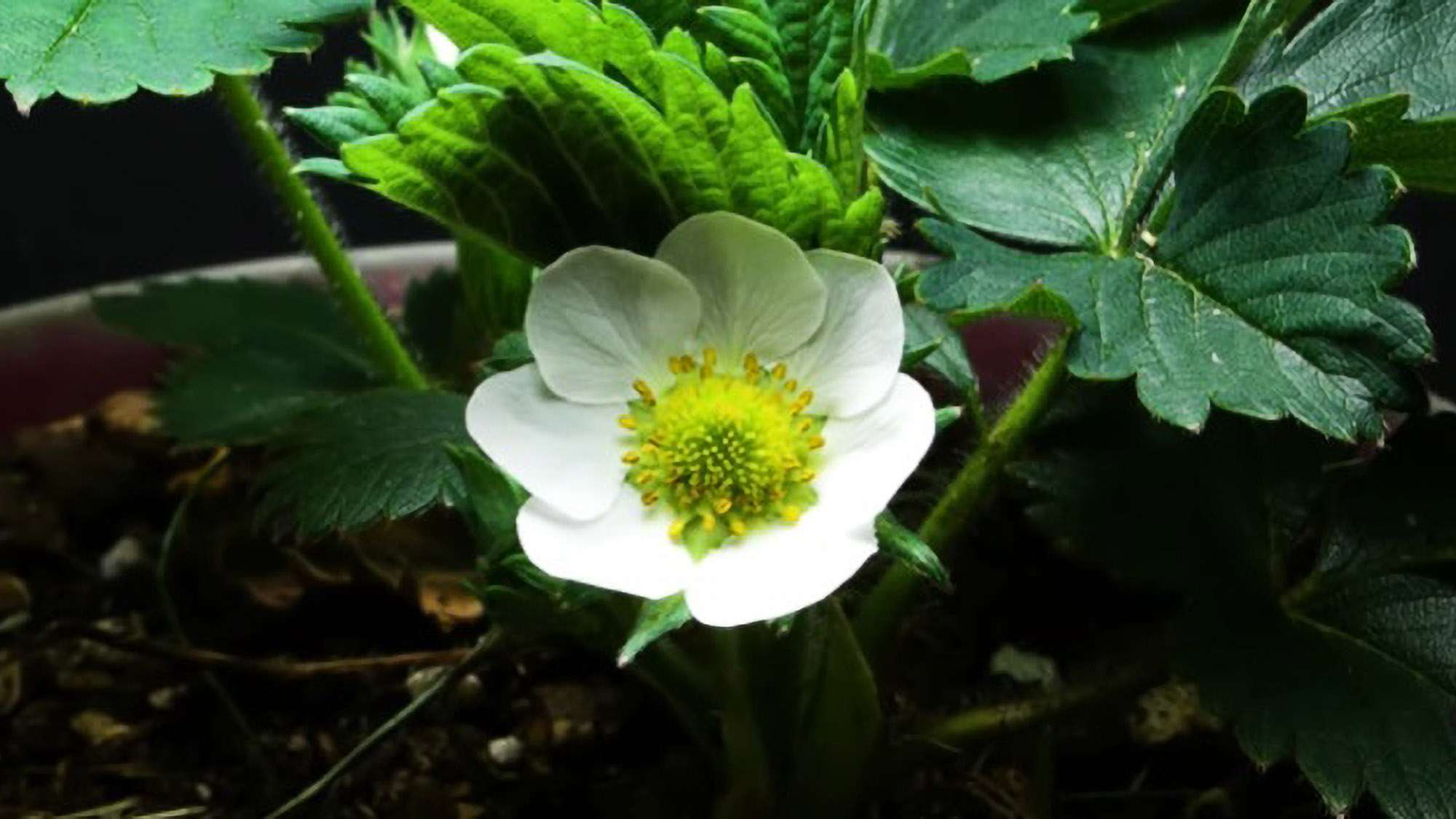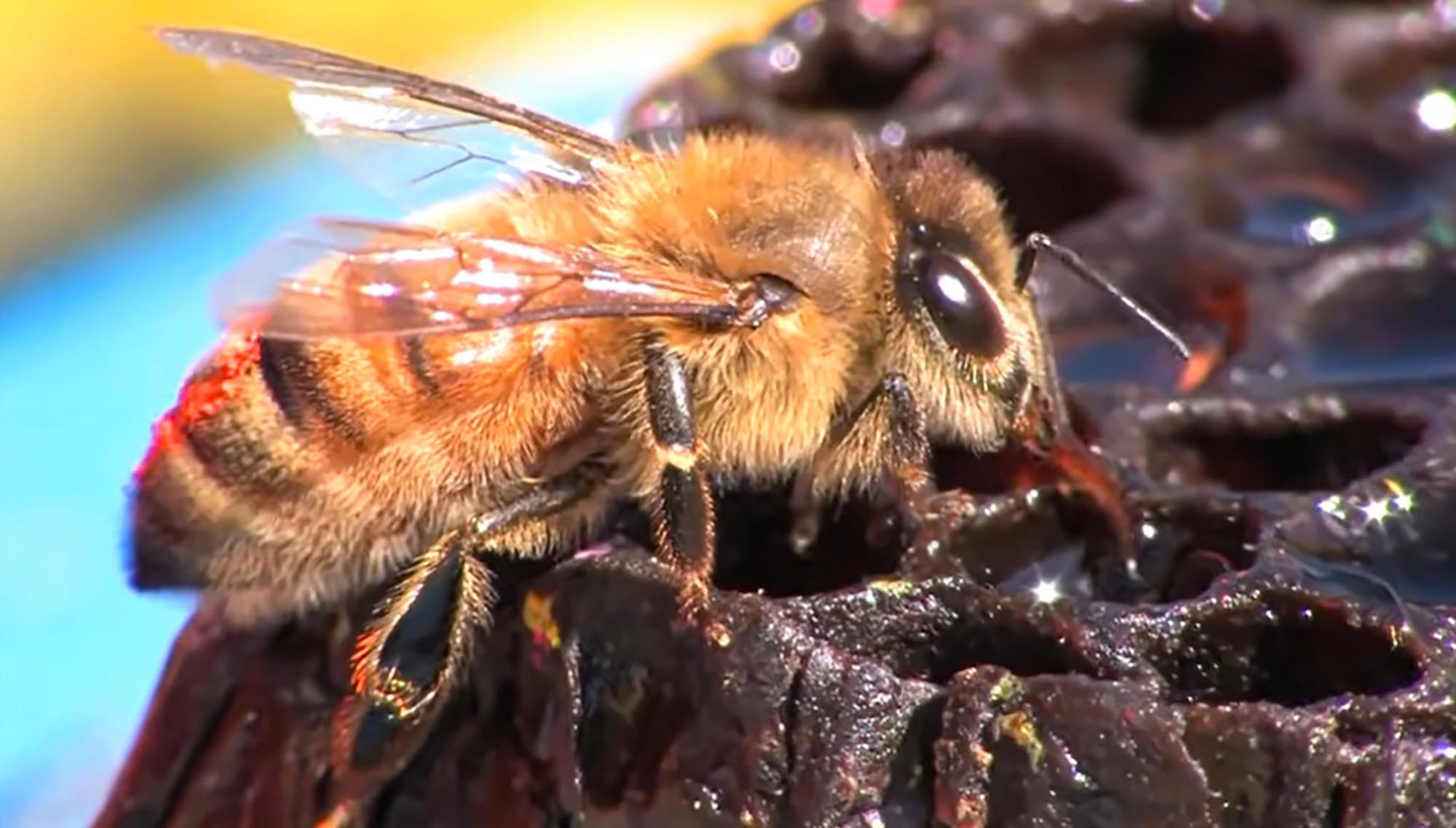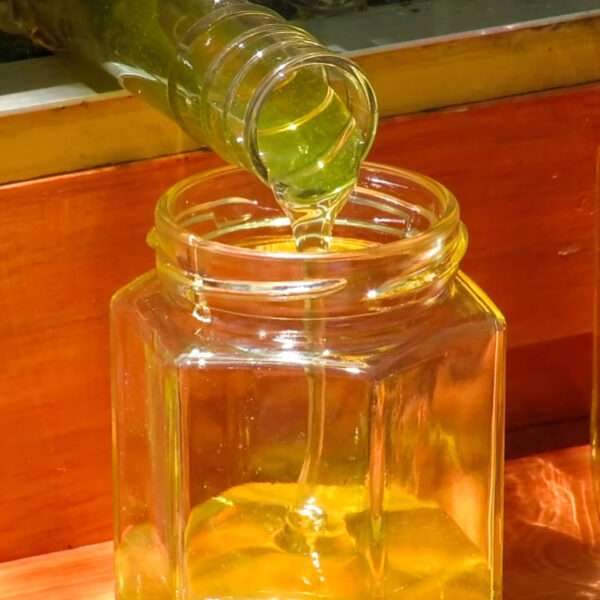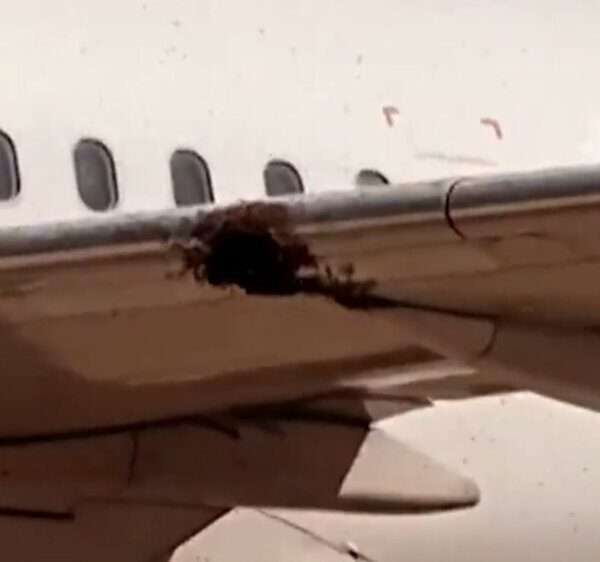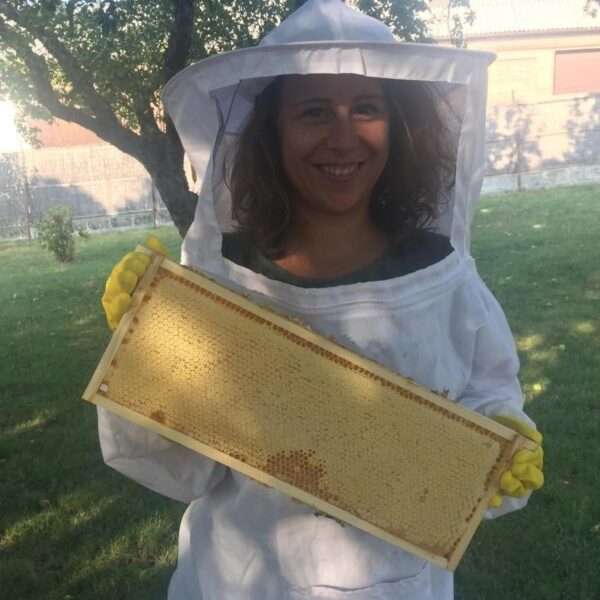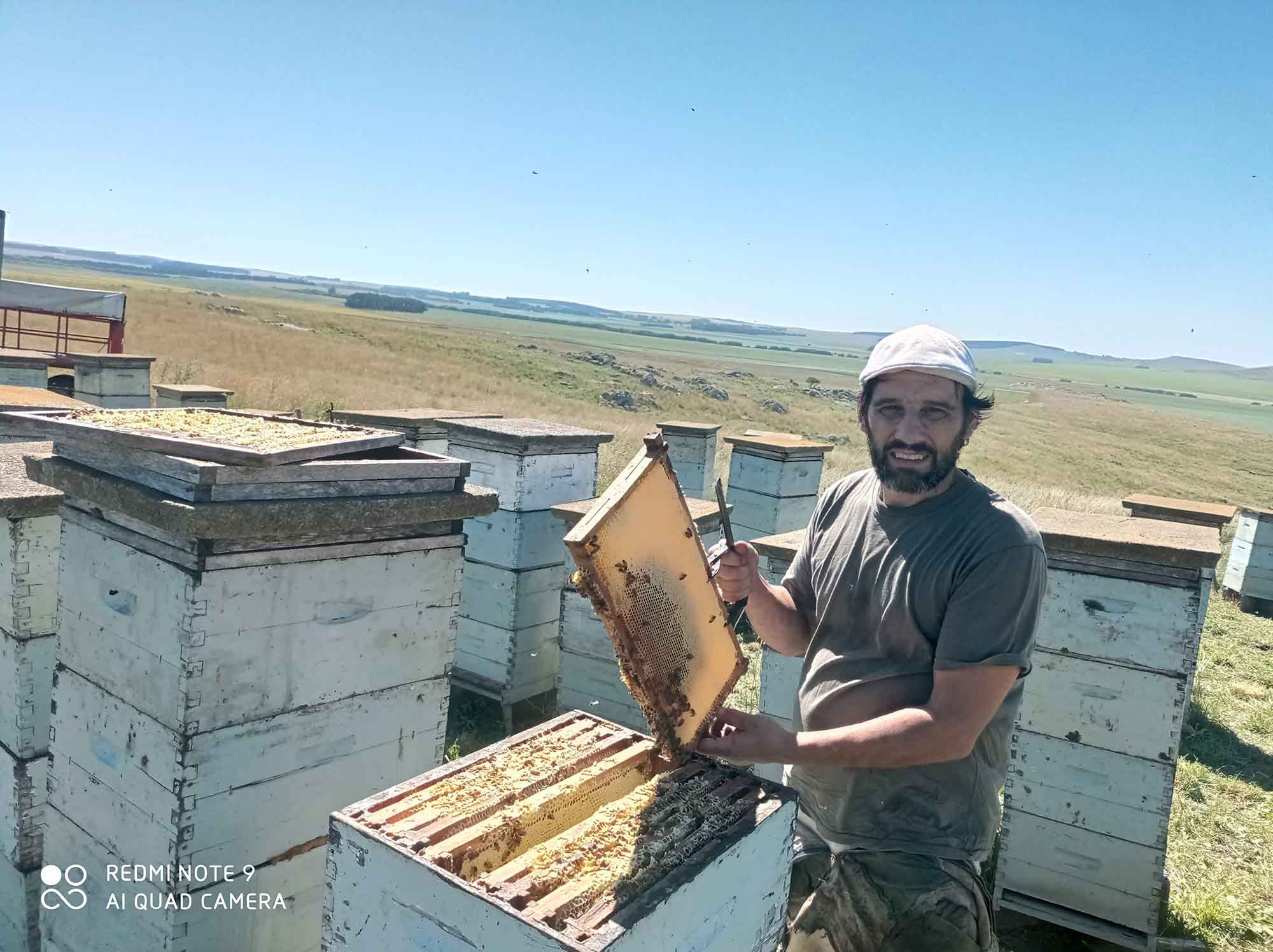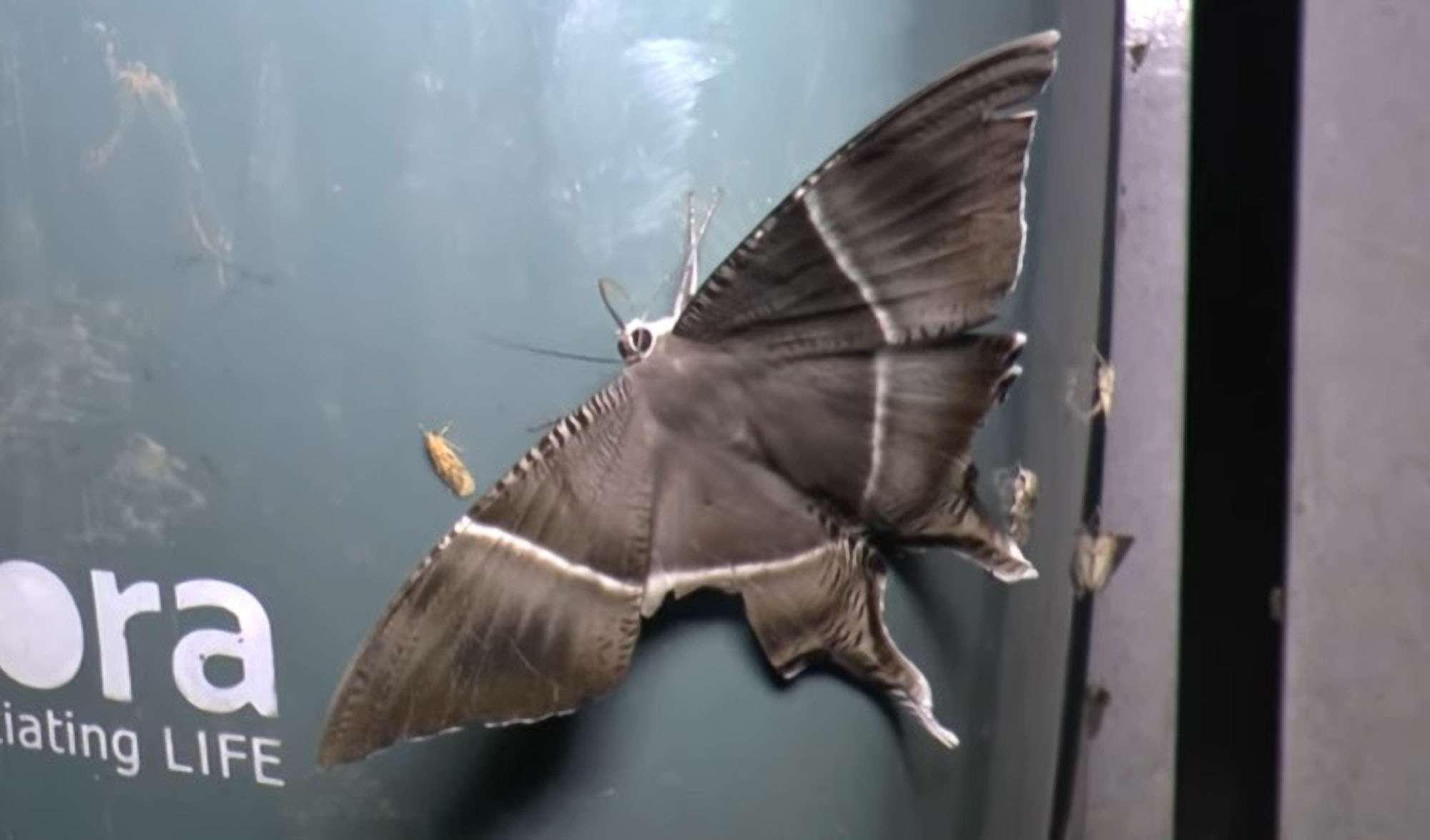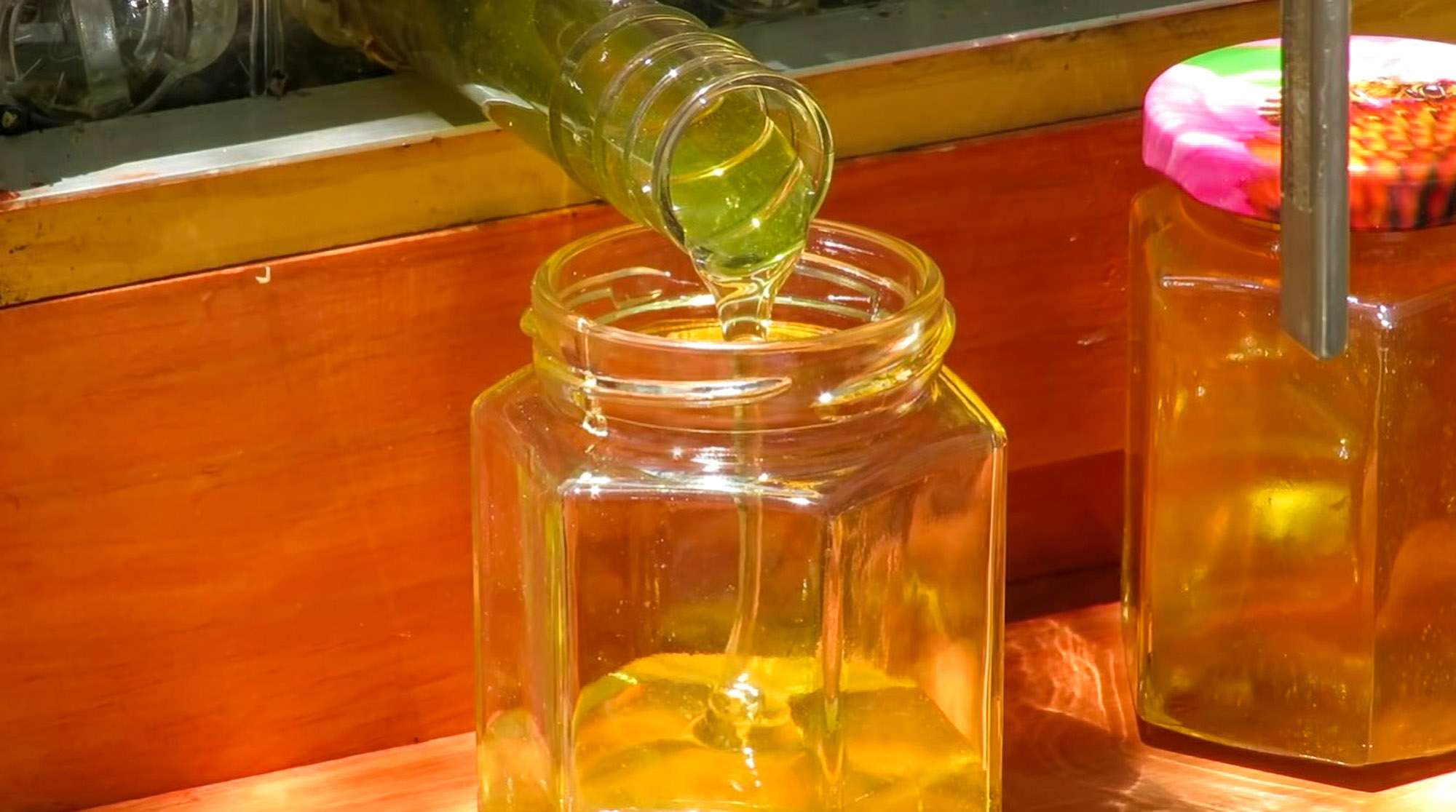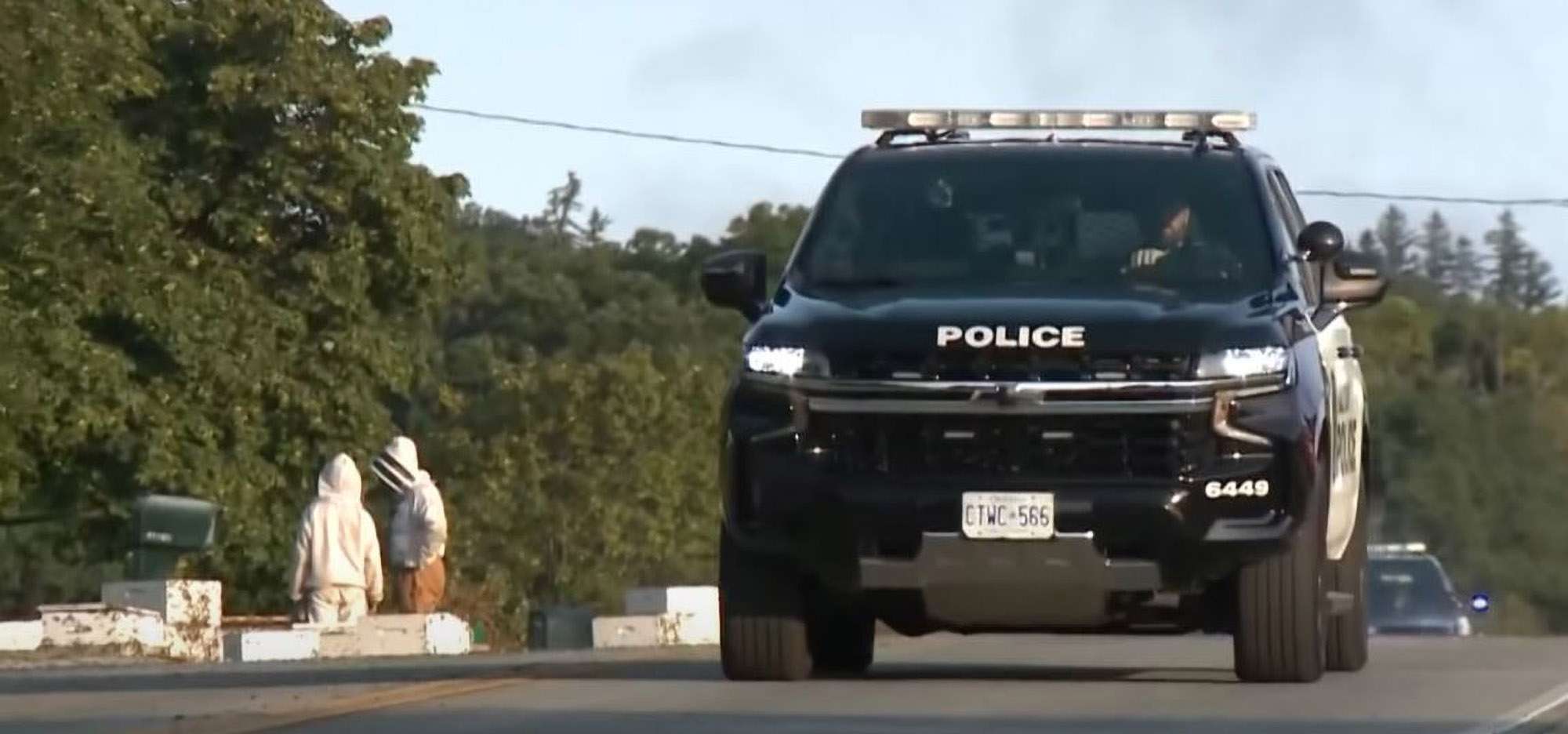Environmentalists in Germany have issued an urgent appeal to do more to protect wild bees after discovering that their population shrank by up to 80 per cent.
Britta Raabe from NABU – which is one of the country’s leading environment awareness associations – said that wild bees decreased between 60 and 80 per cent in the past three to four years as far as their species variety and overall population were concerned in the northern state of Lower Saxony.
Raabe underlined that the insects were important pollinators. She said: “We would be left without food if there were no bees.”
Raabe – who heads the NABU’s Weserbergland branch – explained that several plants such as rapeseed but also fruit trees depend on wild bees’ pollination.
Solitary bees such as leafcutter bees, sweat bees and mason bees are commonly referred to as wild bees. They normally do not produce beeswax or honey but pollinate numerous flowers and plants.
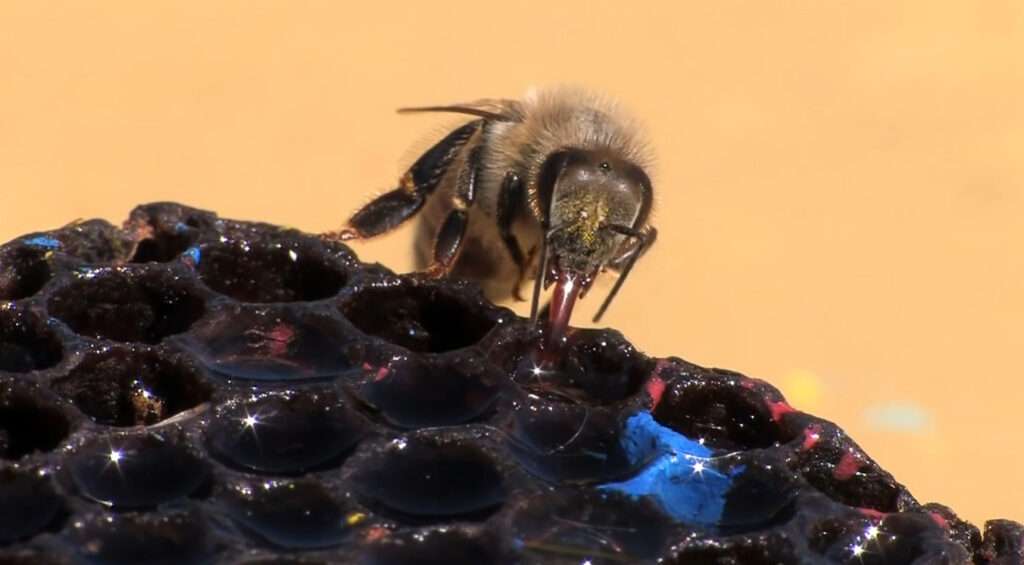
All of Germany’s 550 wild bee species are listed as protected species by the country’s conservation of nature regulations. Around half of them are currently ‘endangered’ or ‘seriously threatened by extinction.’
Raabe said wild bees would find it increasingly difficult to detect appropriate nesting spots. She criticised the intensified construction activity whereas the number of flower strips on agricultural estates was declining.
The NABU campaigner warned: “Some species die after just a few weeks because of their incapability of finding food. There’s nothing for them on neatly trimmed meadows, leafless flowerbeds and gravel patches.”
While some wild bee species are digging nests in a variety of soil conditions, others are setting them up in the hollow twigs of trees.
Deadwood, unmowed grasslands and lignified stalks offer excellent nesting opportunities for wild bees, according to biologist Sabine Schoder from the Natural History Museum (NHM) in the Austrian capital Vienna.
Individuals, companies, lawmakers and organisations across Europe have installed oak-shingled nesting spots – often nicknamed ‘bee hotels’ – to save local wild bee populations.

